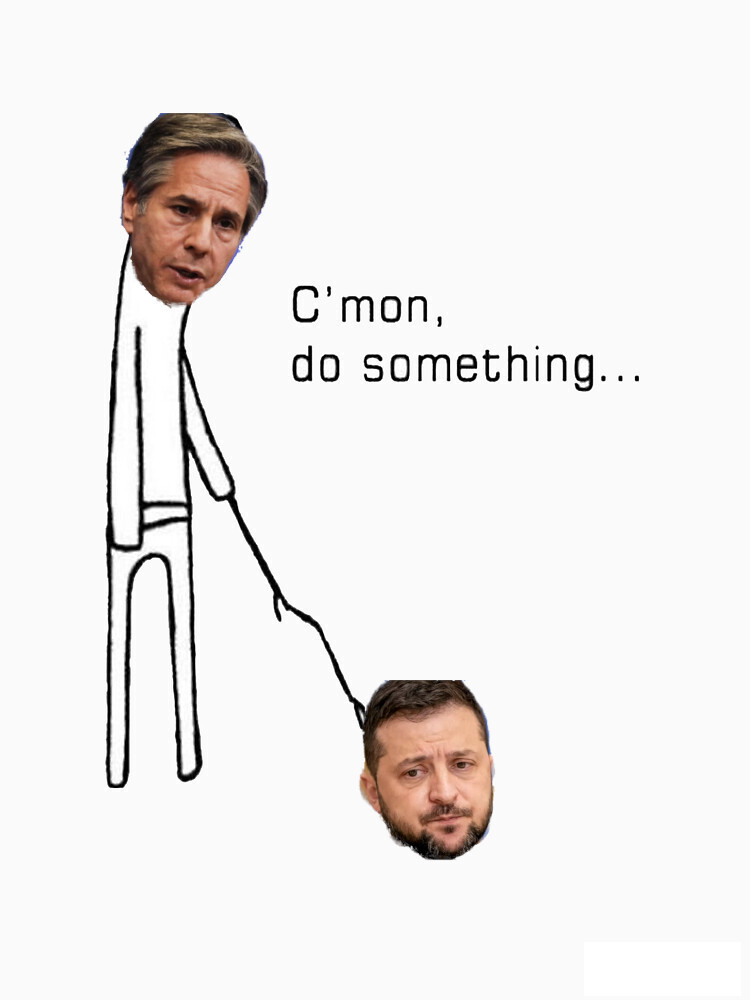There's a sort of logic to having a weak military in Mexico. Their only land neighbours are the USA, Guatemala and Belize. Neither south neighbour is a threat, and despite the USA being really inefficient there's no way Mexico could fight toe-to-toe with them if they were directly invaded.
They also don't have any strategic overseas rival like an imperialist power would.
So not only can you save lots of budget in the military, but it also reduces the harm that a well-funded and organised military can be to the "internal enemy", which is usually poor, indigenous, black or otherwise marginalised people. (Usually with the cover of "combatting drug trafficking")
Bribing the military is also part of the CIA modus operandi for interfering in Latin America. Just look at the current investigation on the Bolsonaro coup attempt and how many of the relevant generals took part in the MINUSTAH.
But I also don't think the USA will ever be able to directly attack Mexico without gigantic repercussions to themselves. They're better off just doing another Allende.

I'm shooting blind as I haven't looked too deep into how the blockade has impacted global trade, but I think this makes perfect sense for the US.
It isn't that much further away around the Cape than through the Suez to arrive from the South China Sea to the US east coast, and AFAIK most trade actually happens with the West Coast through the Pacific or through Panama. So higher shipping costs harm Europe much more than they harm the US in this case.
Just like the Ukraine War, sanctions on Russia and China and the Nord Stream, it seems the US is intending on using this blockade to cannibalise Europe's economy even further. Expect another year of negative growth in the EU, specially with China becoming a suitable replacement as a high-tech producer worldwide. They don't have to go either through Suez or around the Cape in order to ship to a majority of the world's population.